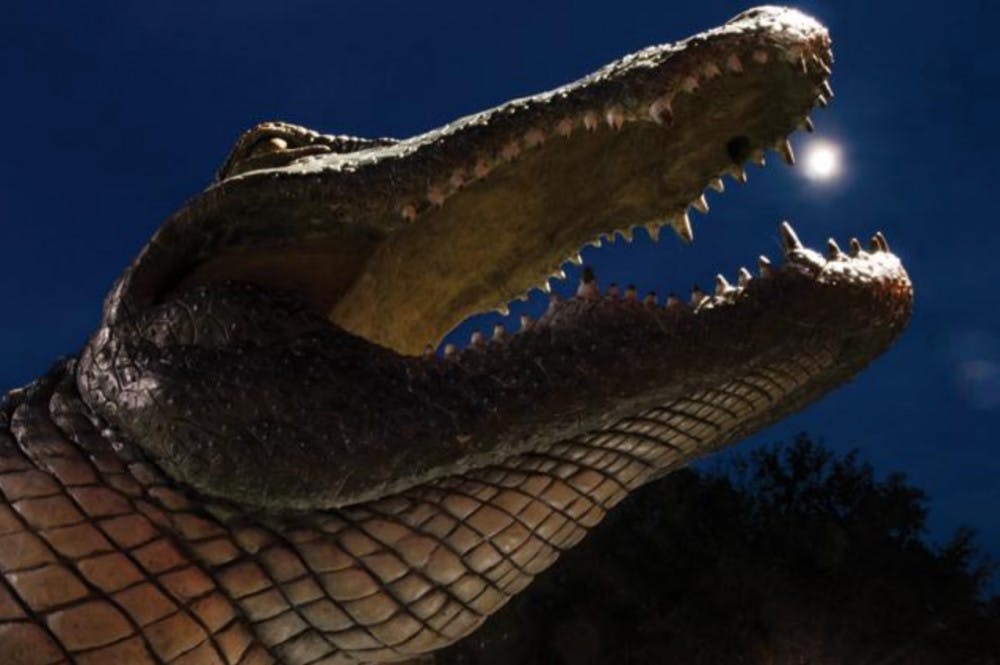A UF researcher spent a year studying Syrian refugee children and their ability to handle stress.
The study, published in PLOS ONE, revealed both factors of genetics and environment play a significant role in how children process and respond to trauma.
Almost 400 Syrian refugee children, who fled to Jordan during the Syrian crisis, participated in an eight-week stress intervention run by the Mercy Corps, a nonprofit organization focusing on humanitarian issues.
Connie Mulligan, an anthropology professor and Genetics Institute affiliate at UF, said the kids, between the ages of 12 and 18, met twice a week to do arts and crafts, learn computer skills or do a variety of other activities.
Mulligan and five other researchers examined a gene called monoamine oxidase A (MAOA) to determine how genetics may have impacted the amount of stress the children displayed. Decades of previous research studies show that if children have the risk allele of MAOA and experienced a form of abuse, they were at an increased risk for developing aggressive or antisocial behavior.
Mulligan said one of her anthropology graduate students Christopher Clukay analyzed the results and found the Syrian children who participated in the stress intervention and had the risk allele showed reduced stress over time.
The study also looked at the impact of environment on the children’s personality traits, specifically resilience, when faced with traumatic situations.
Clukay looked for a relationship between resilience and six psychosocial and mental health measurements developed in Middle Eastern areas, Mulligan said. Some measurements included the Perceived Stress Scale and the Validation of the Arab Youth Mental Health Scale.
“People think of resilience as something that is just about me,” Mulligan said. “You know, am I resilient or not? But actually, resilience is about me, the support I get from my family, the support I get from my community, so it’s a much bigger picture of resilience.”
Catherine Panter-Brick, an anthropology professor at Yale University and principal investigator on the study, adapted an existing questionnaire on resilience and studied how support from the family and community affected the resilience shown by the child. If children had both the MAOA risk allele and high levels of resilience, they showed the most promising stress reduction of anyone in the study.
Panter-Brick said there is a great deal of concern regarding the mental health and social development of the children and adolescents affected by the war. She said the study not only shows the positive impact of the intervention but also helped establish relationships among researchers at Yale University, UF and Jordan.
“The most remarkable aspect of the study was their eagerness to be put on the map of the world by participating in a scientific study,” Panter-Brick said. “They were very excited by science.”
Mulligan said the data was collected at three different times along the course of the year-long study: before the stress intervention began, at 12 weeks after the intervention was over and after a year. Significant effects were noticed at the 12-week mark.
Although the results show nature and nurture are both at work, Mulligan said it would be better to focus on the environment rather than more complicated solutions such as gene therapy. Programs similar to the stress intervention would focus on building up resilience in at-risk children.
Mulligan said she is confident she will receive future grants so she can continue her study into Syrian refugees and genetics.
"Most people don’t have the collaboration like ours, where we have people studying both the genetics and the psychosocial environment," Mulligan said.






